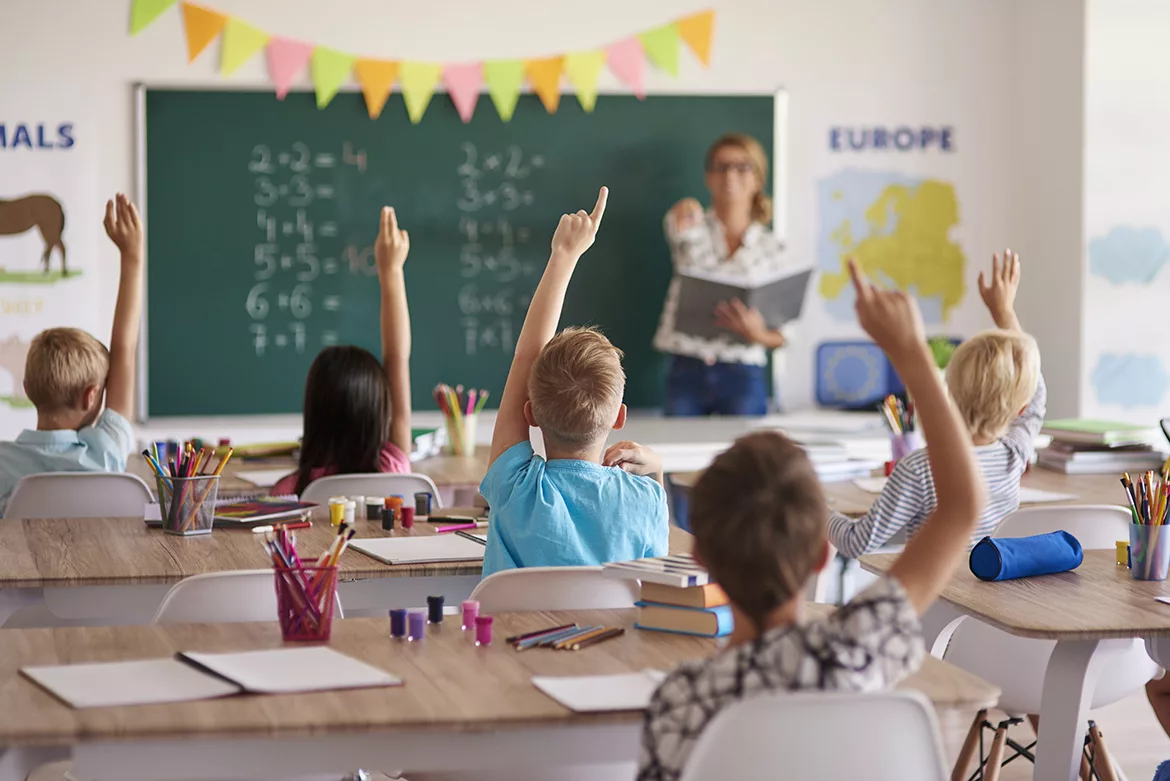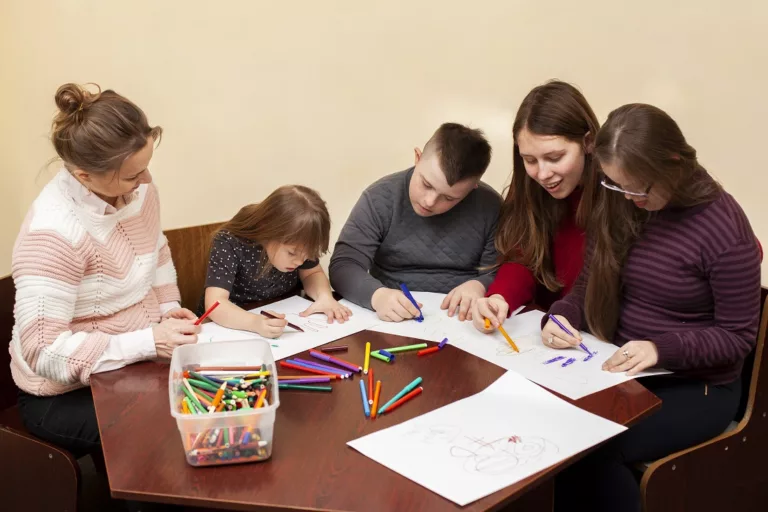
Additionally, purpose and quality definitions must be regularly reviewed. What should an institution ‘do’? Be, academics? How can we distinguish between a good and a terrible school?
This begins at the personal level, but this is a far larger problem. Consider schools to be components of bigger ecologies for the moment. Human and cultural ecologies are the most direct in which humans participate. As components of (human) ecologies, when one thing changes, all other components also alter. When it rains, streams flood, meadows become soggy, clovers blossom, and bees buzz. During a drought, conditions are dry, stale, and motionless.
Everything loses its validity when these ‘things’ are shoved in with minimal adaptation elsewhere. The ecosystem itself is in danger.
The Function Of Education Academics In A Time Of Change:
What and how should schools teach? And how do we determine if we’re doing a good job? These are significant concerns that must be answered with consideration for social requirements, teaching abilities, and technology access. Now, we employ the reverse strategy. Here is what all pupils should know; let’s figure out how to teach it using the resources we have. If we lack a comprehensive understanding of the issue’s context, we can only offer glances.
How schools organize what children learn and why must be evaluated, analyzed, and improved with the same diligence and zeal that we devote to our automobiles’ gas mileage, our smartphones’ download speeds, and our wristwatches’ operating systems. The majority of contemporary academics standards are based on a body of knowledge model.
Why can’t the school system refashion itself as rapidly as the digital technology that is causing it so much anxiety? The flexibility of a curriculum should at least correspond to the fluidity of contemporary knowledge requirements. Perhaps the first step in the search for an innovative and contemporary approach to teaching and learning is to reconsider the concept of curriculum as the foundation of learning models.
Previously, we believed that if students could read and write and do arithmetic and compose arguments and extract the main idea and otherwise master a (now nationalized) body of knowledge, they would learn to think and play with complex ideas, create amazing things, and in the process, understand themselves. Their likelihood of creating healthy self-identities, being tolerant of different thoughts, doing an excellent job, acting locally and thinking globally, and creating a better society is proportional to the soundness and breadth of their educational background.
How can a school call itself ‘excellent’ if it produces pupils who are oblivious to themselves, the world, and their place in it?
So, this is one interpretation of a new concept of ‘excellent school.’Attributes Of An Excellent School:
- A good school significantly improves the surrounding community.
- An excellent school uses every resource, advantage, gift, and opportunity it has to cultivate children and typically has more resources, advantages, gifts, and chances than schools with inferior academics performance.
- Students at a good school get along with one another and work together toward a common goal, which they are aware of.
- An excellent school generates pupils who read and write out of personal interest.
- A good school acknowledges its shortcomings and limitations while cooperating with the global society to flourish.
- Families and communities understand and value the school’s success indicators, which are diverse and engaging.
- An excellent school is filled with kids who realize what is worth comprehending.
- An excellent school speaks the language of the students, their families, and the local community.
- A good school enhances the other schools and cultural groups with which it is affiliated.
- A good school comprehends the connection between inquisitiveness, curiosity, and lasting human change.
- A quality school ensures that every student and family feels equally welcomed and understood, academics.
- A good school is filled with students who not only ask excellent questions but do so frequently and with great ferocity.
- A good school changes students; students change great schools.
- An excellent school recognizes the distinction between a bad idea and a poor implementation of a good one.
- An excellent school engages in professional development aimed at enhancing teacher capability over time.
- A good school does not make hollow promises, establish misleading mission statements, or use edu-jargon to mislead parents and community members. It is genuine and straightforward.
- An excellent school recognizes teachers, administrators, and parents as contributors to student achievement.
- A good school cares more about cultural practices than pedagogical practices–students and their families than other schools or the educational status quo.
- A good school helps pupils comprehend the nature of knowledge, including its forms, fluidity, uses/abuses, applications, transferability, etc.
- A good school will encounter disruption in its routines, practices, and beliefs as a result of the fact that its pupils are creative, empowered, and connected, hence causing unpredictability.
- An excellent school will produce pupils who can think critically on a variety of topics, including those of human interest, curiosity, craftsmanship, craft, legacy, husbandry, and agriculture.
- An excellent school has a fantastic library and a librarian who adores both children and books and wants them to connect in meaningful ways.
- A quality school is filled with happiness, curiosity, optimism, knowledge, and dynamic change.
- An excellent school may be fond of project-based learning, but it adores the projects and the students who participate in them even more.
- A good school distinguishes between knowledge, comprehension, skills, and competencies, and assists students in doing the same.
Conclusion
So these are some of the great pointers that can be measured for a fabulous school. You must choose one of the most satisfactory schools so that they can do all the activities and achieve goals. When your child is studying in one of the great schools then he can get good moral values and perform studies well. Not only this he will be able to take part in extracurricular activities which can help him to bring overall development. So always choose wisely for your child so that he achieves his best and achieves all his dreams in the future.



